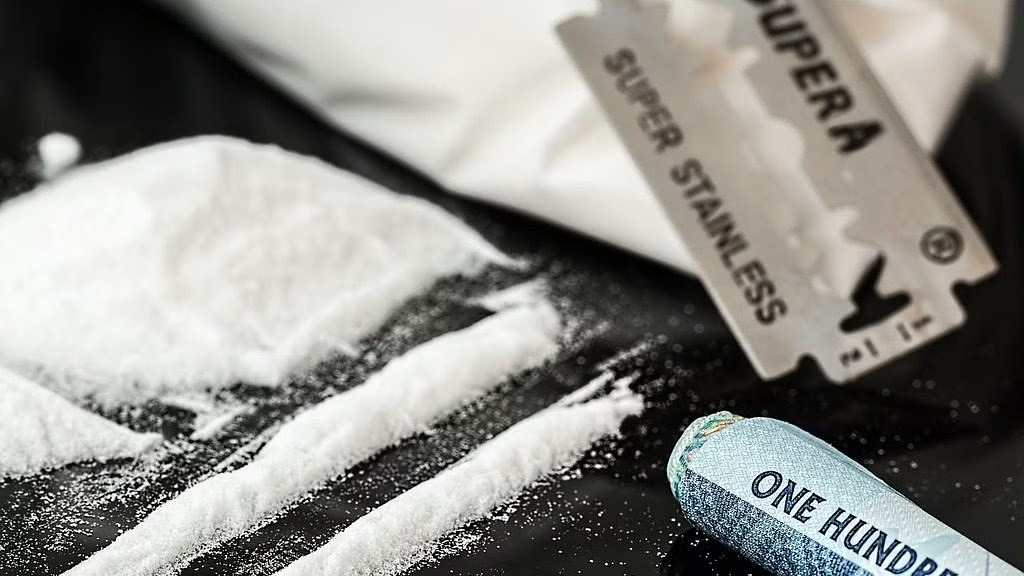Home Minister Amit Shah has announced a war on narcotics traffickers, and this is a welcome step. The use of narcotics by sections of the population has continued despite stringent laws against their use or sale. In part, this is because the law governing narcotics and psychotropic drugs has very little differentiation between different kinds of narcotics. A lot of effort gets made in trying to stamp out variants such as marijuana (ganja), a narcotic that has been in use in India since 1689. Marijuana is harmful to human beings in the way alcohol and nicotine are, but neither alcohol nor cigarettes have been banned except for minors. There is sound logic behind such a differentiation. Were minors to get access to alcohol, the chances of becoming an addict are high, in the same way that minors who smoke cigarettes are more likely to be heavy smokers later in life.
All marijuana is bad, just as all alcohol is bad and all cigarettes are bad, but the latter are legal to consume by those who are not majors except in a few parts of India. Marijuana is illegal across India even for adults to consume. Studies have shown that the human brain becomes less versatile should marijuana be consumed at any age, but that among minors, damage to IQ levels is far higher than is the case were its use be started later in life. A lot of effort is being made to track and apprehend narcotics users, including marijuana users, who are by far the most numerous in number. Were marijuana users to use up less time of the anti-narcotics forces, except in the case of minors, such a diversion of effort means that much more attention could be paid to narcotics that are far more lethal, such as cocaine and heroin.
Sellers of marijuana to adults could be treated in the way sellers of cigarettes are, by making it mandatory to show the ill effects of marijuana on human beings along with every sale to adults. A similar warning needs to be given to consumers of alcohol and marjuana as well. With every quantity sold, a sticker needs to be added that would show the ill effects of alcohol and marijuana on the body. A considerable part of the effort of the disciplined and dedicated force trying to track and prosecute sellers and buyers of narcotics gets spent on marjuana, whereas much more effort needs to be made on more harmful drugs such as heroin and cocaine, both of which continue to be used in India despite strong efforts by the counter-narcotics forces to stop their sale and use. Several active in the narcotics trade in India are linked to the Sino-Pakistan network, and should a few officials and politicians become addicts to what is called “hard drugs” in the trade, they could be blackmailed into looking the other way when the more lucrative sale of narcotic substances such as heroin or cocaine takes place.
Such potentiality for blackmail is why the Sino-Pakistan network uses narcotics traders as a primary source for giving black money to the handful of officials and politicians who succumb to the lure of black money and drugs in order to look the other way when smuggling of drugs goes on through some of the land frontiers of India or in other ways. Many smugglers transfer cash and instructions to terror networks belonging to the Sino-Pakistan lobby. Narcotics is closely linked to the hawala trade, which again is heavily infiltrated by agents of the Sino-Pakistan lobby. Efforts are being made by this lobby to cut short the tenure of Modi 3.0, including by launching terror attacks to lower the reputation of the NDA government

